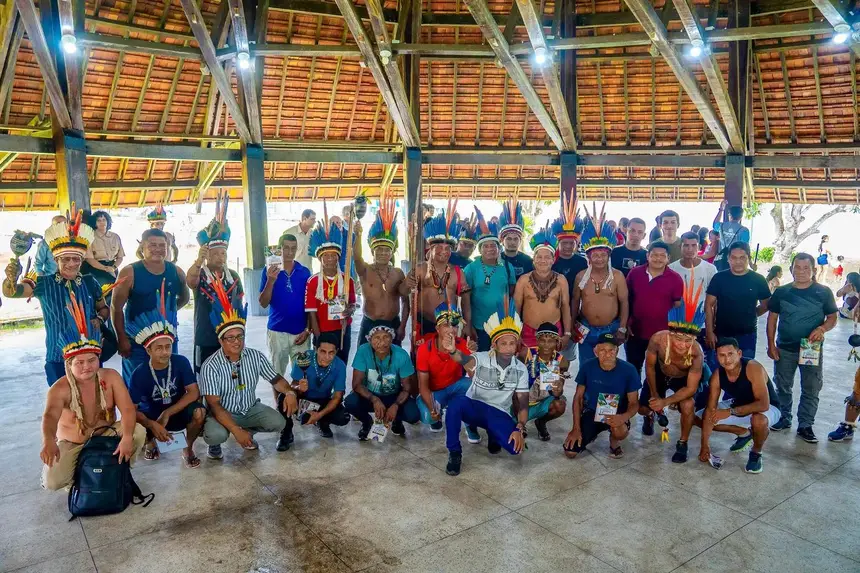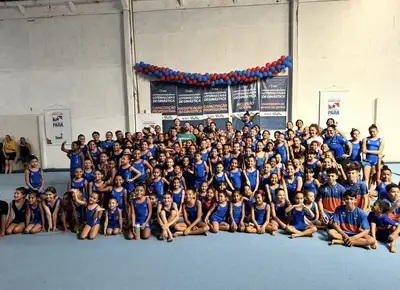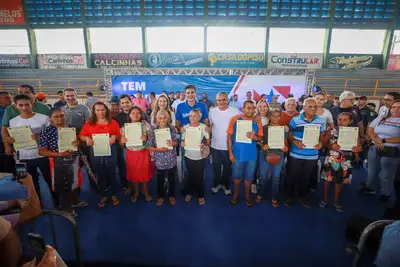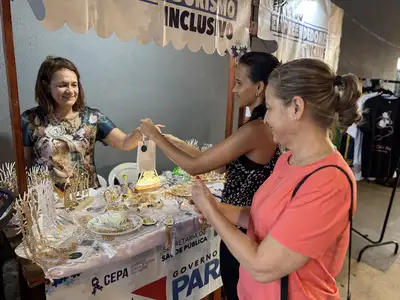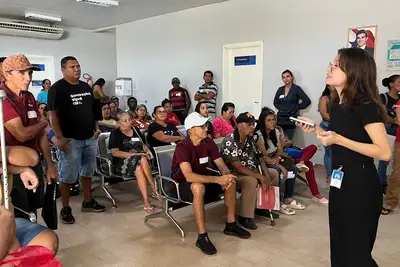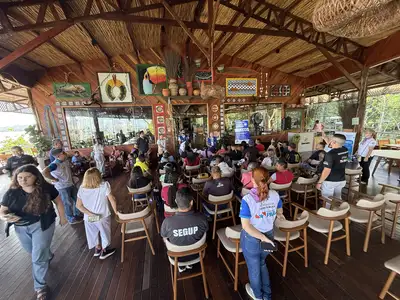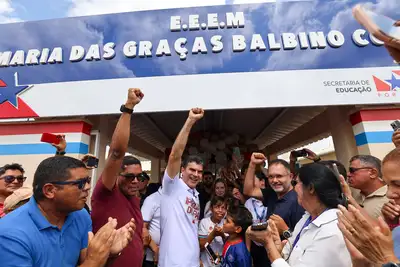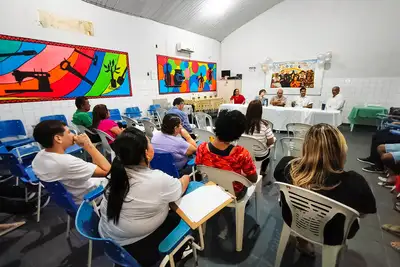Caravan of Indigenous Peoples towards COP30 heads to Tembé territory, in the Indigenous Land Alto Rio Guamá
The Secretary of Indigenous Peoples of Pará (Sepi) brings information about COP30 and engages in dialogue with Tembé leaders, reinforcing indigenous protagonism in the global climate agenda
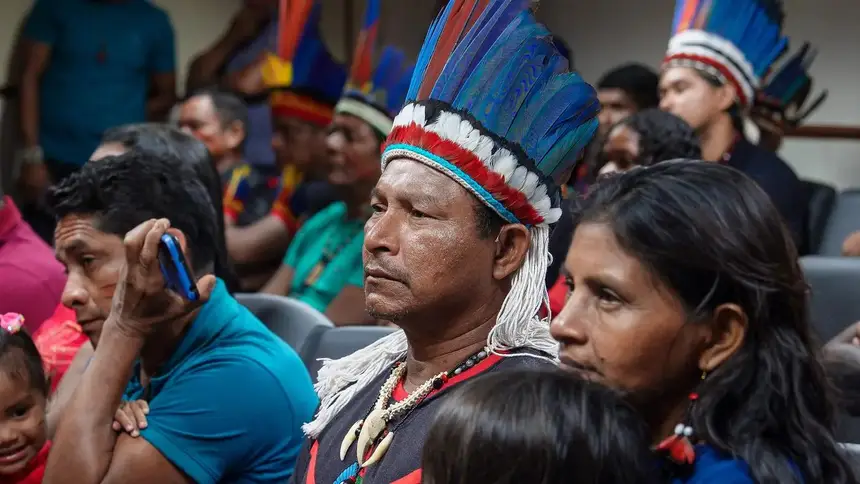
The Caravan of Indigenous Peoples towards COP30 has arrived at the Indigenous Land Alto Rio Guamá, in Paragominas, northeastern Pará, where the Tembé people live. The initiative by the Secretary of Indigenous Peoples of Pará (SEPI) promotes meetings with leaders to discuss the importance of indigenous participation in the UN Climate Conference, which will be held in Belém in 2025.
During the agenda in Tembé territory, SEPI conducts listening sessions, discussion circles, and presentations about the structure of COP30 and the pathways for indigenous peoples to take the lead in discussions about climate, environment, and ancestral rights.
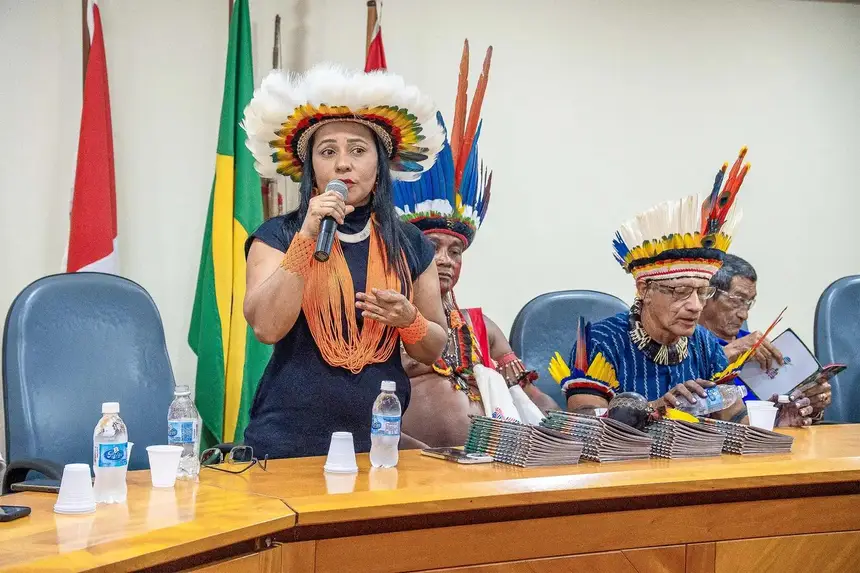
“The presence of SEPI in the territories is essential for indigenous peoples to be prepared to occupy their spaces at COP30. The forest peoples are guardians of biodiversity and need to be heard. The Tembé people have a history of resistance and will be a fundamental part of this process,” says Puyr Tembé, Secretary of Indigenous Peoples of Pará.
Territory of resistance
The Indigenous Land Alto Rio Guamá is one of the largest and oldest homologated territories in Pará, housing more than 2,500 indigenous people from the Tembé community, distributed across villages along the Guamá and Gurupi rivers. The territory extends across the municipalities of Paragominas, Nova Esperança do Piriá, Capitão Poço, and Santa Luzia do Pará.
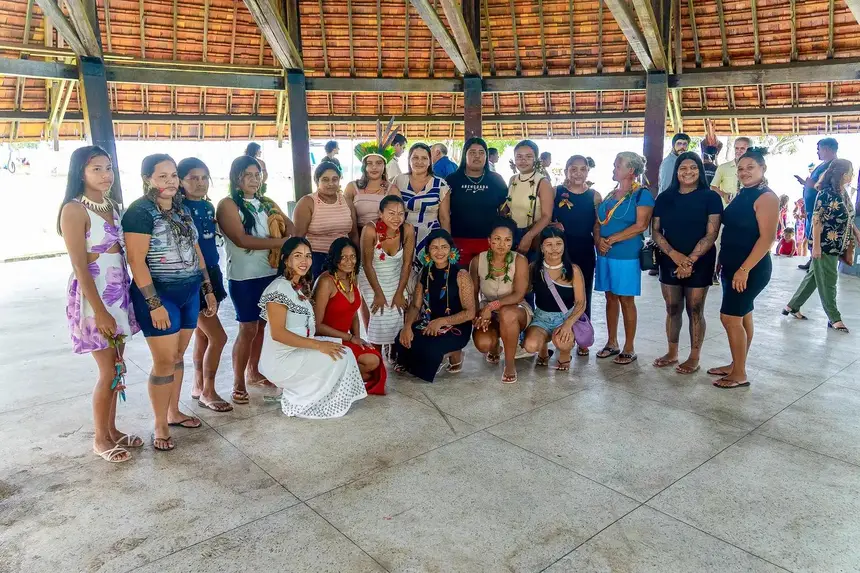
After decades of invasions, land conflicts, and environmental degradation, the territory was reintegrated in June 2023, through an operation coordinated by federal and state agencies. Since then, actions for territorial strengthening, reforestation, and training have been carried out with the support of the state through SEPI, FEPIPA, Funai, the Fire Department, and civil society organizations.
“Being in the Indigenous Land Alto Rio Guamá, with my Tembé people, has a profound meaning for me, as an indigenous woman and as a state secretary. This caravan is a historic moment where we unite our voices to ensure that the Tembé people and all indigenous peoples of Pará are prepared and represented at COP30. Our territory is a symbol of resistance and care for the forest, and it is with this spirit that we want to arrive at the climate conference: strengthened, organized, and ready to occupy the place that is rightfully ours,” stated Puyr Tembé, Secretary of Indigenous Peoples of Pará.
Consultation Protocol and Protagonism
The Tembé people are among the first in the state to formalize their Consultation and Free, Prior, and Informed Consent Protocol, ensuring the right to be heard before the implementation of any measures that affect their territory and way of life. This instrument guarantees more autonomy in decision-making and will be fundamental for the participation of the ethnicity in the discussions at COP30.
The Caravan seeks to align the themes of the conference with the local priorities of the communities, such as environmental protection, territorial security, cultural appreciation, and specific education.
COP30 and the Peoples of the Forest
The participation of SEPI in the agenda of COP30 focuses on ensuring the qualified presence of indigenous peoples at the conference, promoting the protagonism of the original peoples in one of the most important climate debates on the planet. “COP30 will be held in the Amazon, and there is no Amazon without indigenous peoples. Bringing this discussion to the villages is to recognize the centrality of these populations in building solutions for the climate and the future of the planet,” highlights Puyr Tembé.
The Caravan of Indigenous Peoples towards COP30 will travel through the eight ethnoregions of Pará, with the mission of preparing communities to act actively and strategically in the construction of environmental policies that will be debated at the event.


